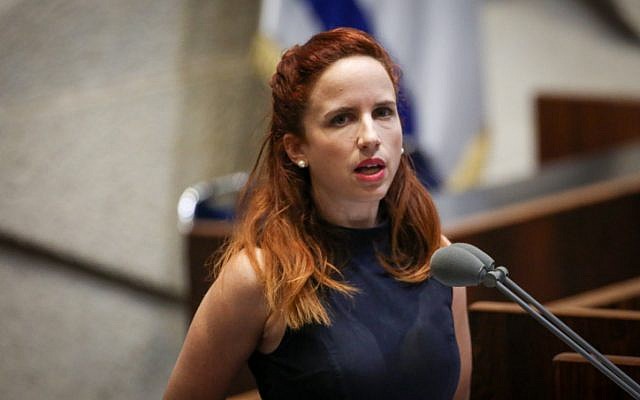Times of Eretzora
-

Katzilya Municipal Election
With almost all votes counted in Katzilya’s municipal election, Eretzora Beitenu (Eretzora Our Home) - known internationally as the Eretzoran National Party - appears to have won a plurality of votes in a surprising turn of events, garnering just under 40% of the total vote. The separatist party had won a single seat (out of 51) in the previous municipal election and consecutive opinion polls had forecasted it obtaining no more than 20% of the total vote. The party’s share of the vote translates to 20 seats in the city council, the highest number of mandates the party has won in any election since its inception.Party leader, Tzipi Noked - who heads the faction in the Eretzoran regional parliament - is under no illusion, however, that the result can be translated into support for the party’s desire to see Eretzora secede from the political union between it and the more conservative Zion. “We understand that for many voters, the increasing religious coercion coming from Ayalon will have been the primary drive for their vote,” Noked told our reporters. The federal government, comprised of the right-wing Otzma Yehudit and its allies, has pursued a series of policies that much of the secular population of Eretzora has viewed as contrary to their values and often clashing with their lifestyles, such as blocking local authorities from permitting public transport on shabbat, prohibiting civil marriage in Eretzora (where the regional assembly supports its implementation) and the increasing judaisation of the education system. Whilst Otzma Yehudit itself is a secular party, its coalition with the country’s orthodox and ultra-orthodox parties has meant that any proposed reforms to the country’s fragile status quo between religion and state have been blocked at every turn. Many Eretzoran cities have seen protests erupt throughout the last year, in opposition to what demonstrators call the “increasing religious coercion” and a system that favours the country’s small but growing orthodox population.
The country is comprised of two constituent nations: Eretzora, which has a predominantly secular population, and Zion, which has a majority orthodox population. Whilst Eretzora is by far the most populous of the two, being home to 65% of the country’s population, it has only just over 50% of seats allocated to it in the federal unicameral legislature, the Senate. Zion - and consequently its majority-orthodox population - are thus overrepresented, which has led to a situation where the right-wing, backed by its modern and ultra-orthodox allies, has dominated federal politics for the last three decades.
Local leader of Eretzora Beitenu and its mayoral candidate, Dov Shneider, has approached other secular parties, particularly those with a leftist or centre-left character, to form a coalition, though it is unknown whether any have accepted to side with the separtist party. Unionist parties have so far excluded Eretzora Beitenu from coalitions across the country, though the party’s surprise win in Katzilya may signal a change in public opinion that might force mainstream parties to reconsider their previous position. Unionist parties opposed to the country’s status quo between religion and state may be forced to choose between propping up a right-religious government or joining their fellow secularists in Eretzora Beitenu in the fight against religious coercion.